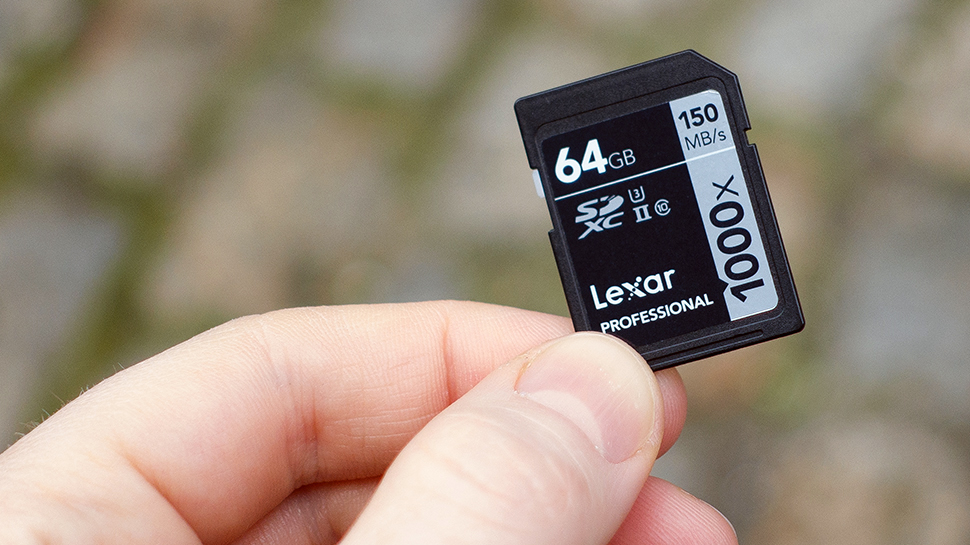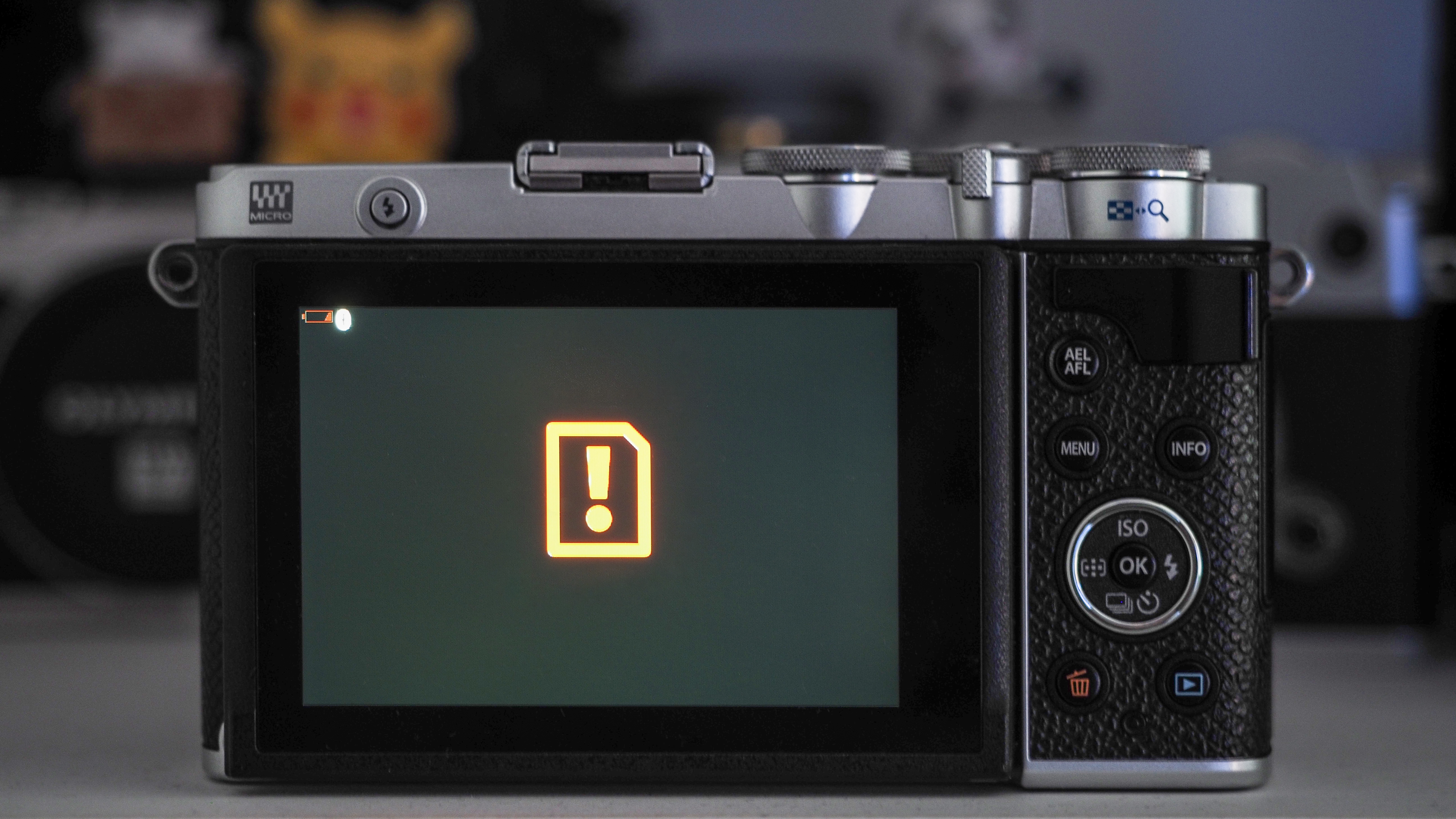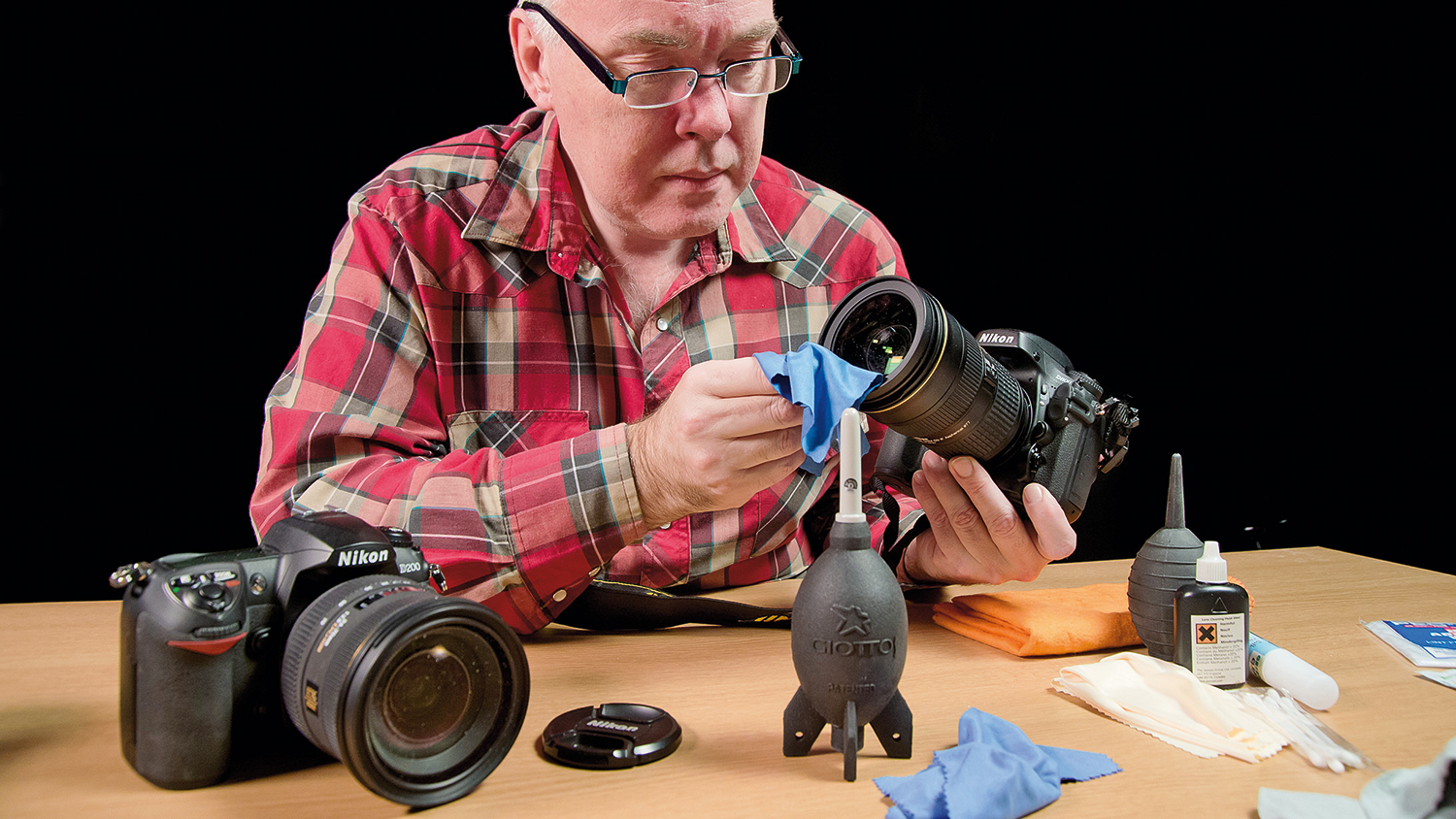How do YOU delete photos from your memory cards – and is it damaging them?
We all have to clear down our memory cards, but what method do you use – and is it actually damaging your cards?

A video popped up on my YouTube feed recently about the practice of deleting files from memory cards – which is something that we all have to do.
In short, there are four ways to do this – but can some of them actually do damage to your cards? With the best memory cards now costing serious bank, keeping them working optimally is more important than ever.
So then, as photographer Mark Denney goes over in the video below, here are the methods of deleting files from your memory cards:
1) Deleting files individually in your camera
2) Using the "Delete all" function, in-camera
3) Deleting all the files using your computer
4) Formatting the memory card in your camera
Now, from an efficiency and best practice standpoint, Mark says that the last option is the one to use: formatting your cards before every use, rather than batch-deleting or deleting individual files. And I agree.
However, he also says that – contrary to longstanding belief – none of the above methods actually cause damage to your cards. And this is where I disagree.
Batch-deleting isn't so problematic, but individual deleting on a file-by-file basis certainly can be – as can, as some (usually beginner) photographers do, keeping lots of old files from previous shoots on a card while adding new ones, and repeating the process.
The best camera deals, reviews, product advice, and unmissable photography news, direct to your inbox!
The problem here is the same that exists with hard drives. When the storage is empty, files are added in an orderly manner. When files are constantly being added and deleted, though, the data is scattered across different areas of the storage – which impede efficiency and speed. (This is why hard drives require defragging, to organize the files, speed up the reading and writing process, and make the drive more efficient, often increasing storage space.)
Overwriting can also cause bad sectors to develop – storage clusters that can no longer be read or written to. Memory cards have a finite number of write cycles, and deleting a file effectively counts as writing – so you use up twice as many cycles, and effectively chip away twice as much from your card's lifespan every time you delete a file.
However, formatting is not a write cycle – because formatting doesn't actually delete your data, it only removes the directory structure. So not only is formatting kinder to the life, speed and efficiency of your cards, it actually means that you can recover your files because they are all still there until they are overwritten.
That's the technical side, anyway, as explained to me by folks in the industry. As far as empirical evidence that deleting files damages memory cards? Well, I've only had a handful of cards fail on me over the years – and aside from one that physically broke, those were all cards from early in my career when I had a very bad habit of deleting files in-camera.
Ever since I've only been formatting my cards (knocks on wood) I've never had an issue with cards failing or having errors.
So, how do you clear down the files on your memory cards – and does any of the above make you want to change the way you do it?

Take a look at other memory formats like the best CFexpress cards, the best microSD cards and the best CFast cards, along with the best memory card readers.

James has 25 years experience as a journalist, serving as the head of Digital Camera World for 7 of them. He started working in the photography industry in 2014, product testing and shooting ad campaigns for Olympus, as well as clients like Aston Martin Racing, Elinchrom and L'Oréal. An Olympus / OM System, Canon and Hasselblad shooter, he has a wealth of knowledge on cameras of all makes – and he loves instant cameras, too.

